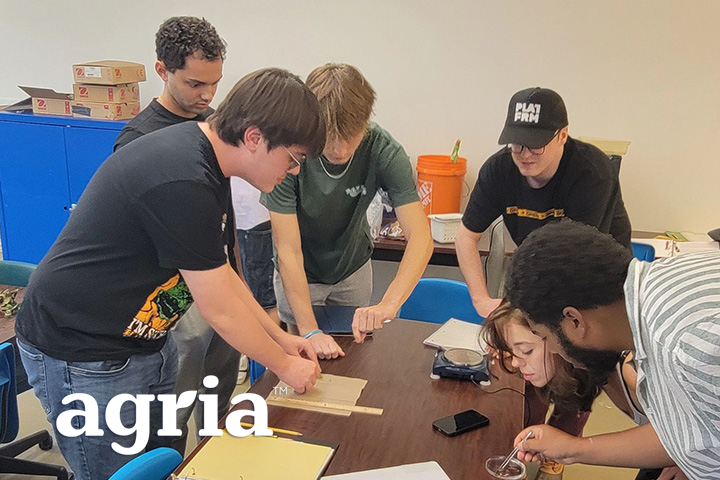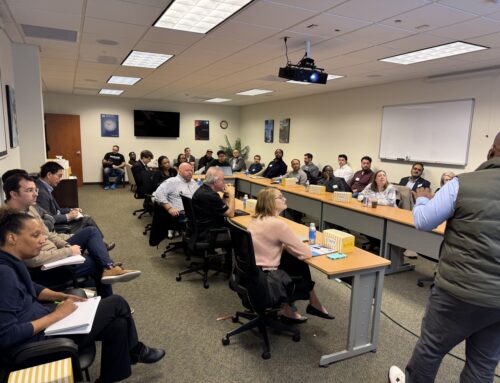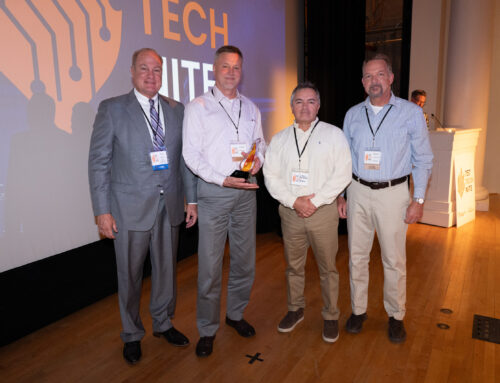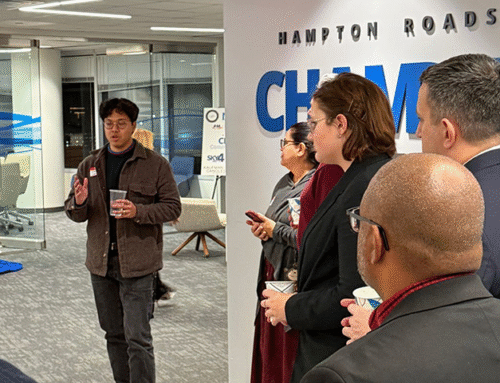Agria has expanded its footprint to the classrooms and labs of Roanoke College, where students in Dr. Dorothy Poli’s Plant Anatomy and Physiology course are now running live experiments using the Agria system. Early results have been remarkable: growth rates between 350% and 700% faster than traditional agriculture.
But the true impact of this collaboration goes beyond data points. What’s emerging is a new kind of classroom—one where students are learning to think like innovators.
“The students are knocking it out of the park,” Layton shared recently on LinkedIn.
For Layton, a bricklayer turned entrepreneur whose “beyond organic” growing method reimagines how food can be cultivated without fertilizers or pesticides, the partnership with Roanoke College represents more than a scientific milestone. It’s a demonstration of Virginia’s expanding innovation network.
This is the kind of cross-regional collaboration that strengthens Virginia’s innovation economy: where research meets entrepreneurship, and education meets experimentation. It’s how future founders are inspired, and how ideas that begin in local labs evolve into solutions with global potential.
Layton’s vision for Agria remains ambitious—“to teach Agria in every college around the world.” And if recent results are any indication, that dream is already beginning to grow.
At REaKTOR, we’re proud to see innovators like William Layton continue to expand their impact across the Commonwealth. Because when ideas are nurtured here, they don’t just grow, they flourish.





